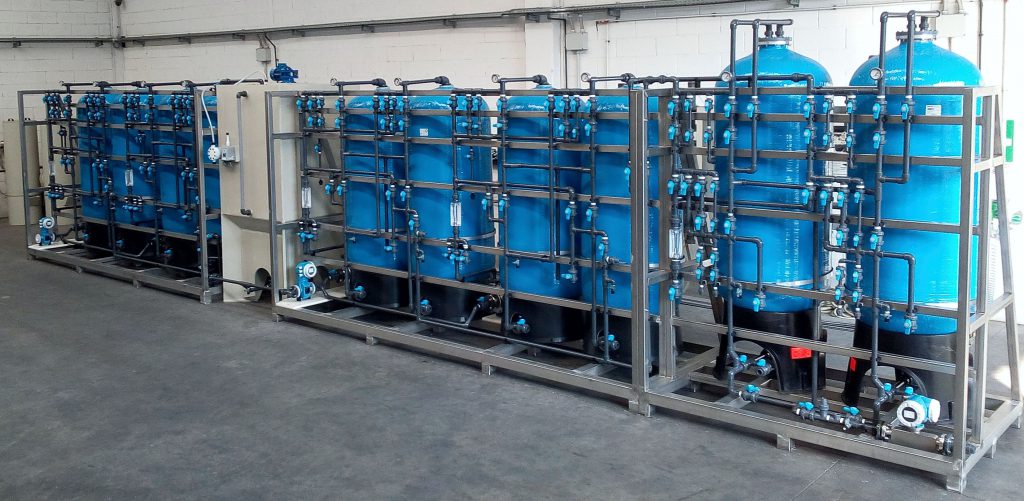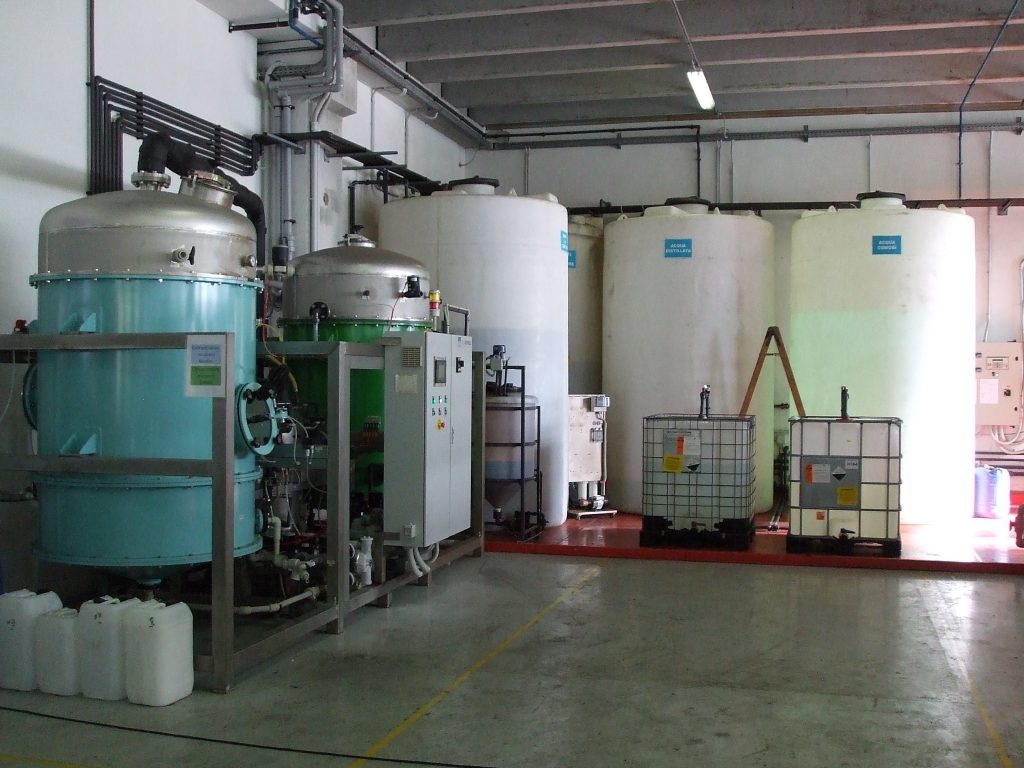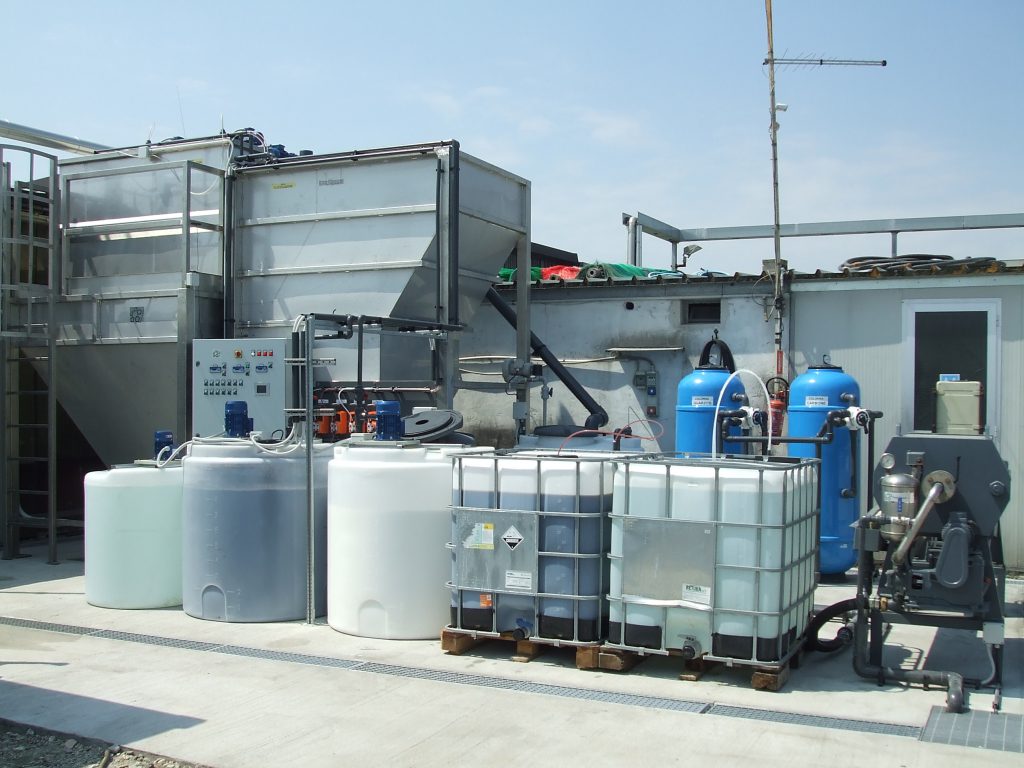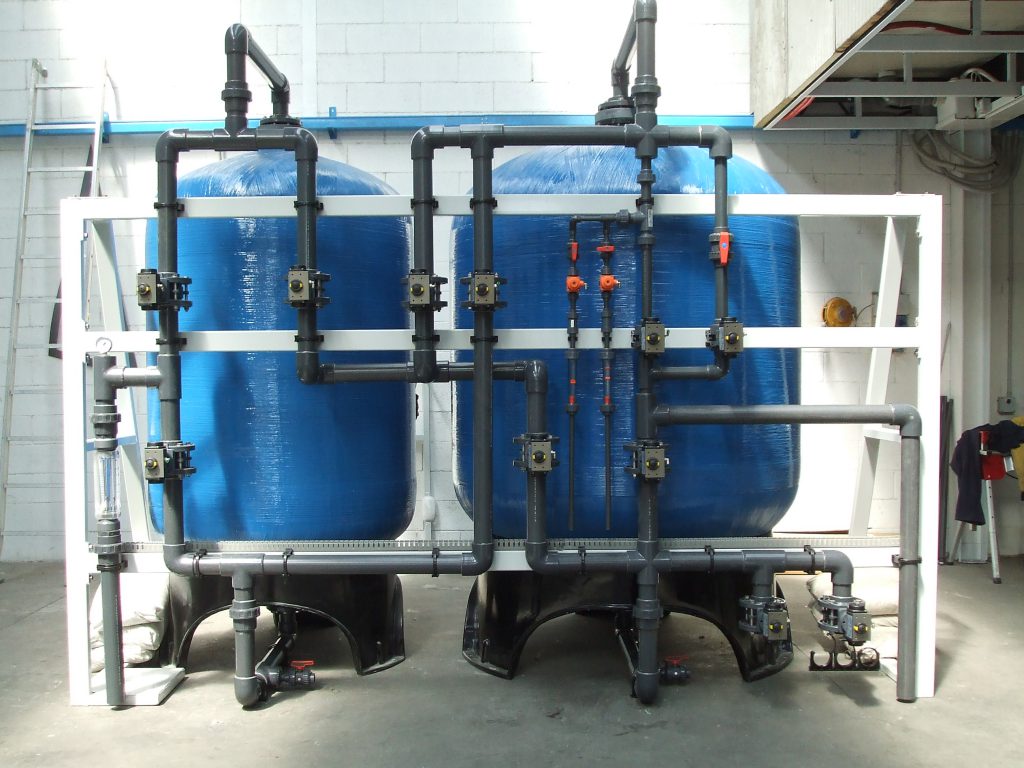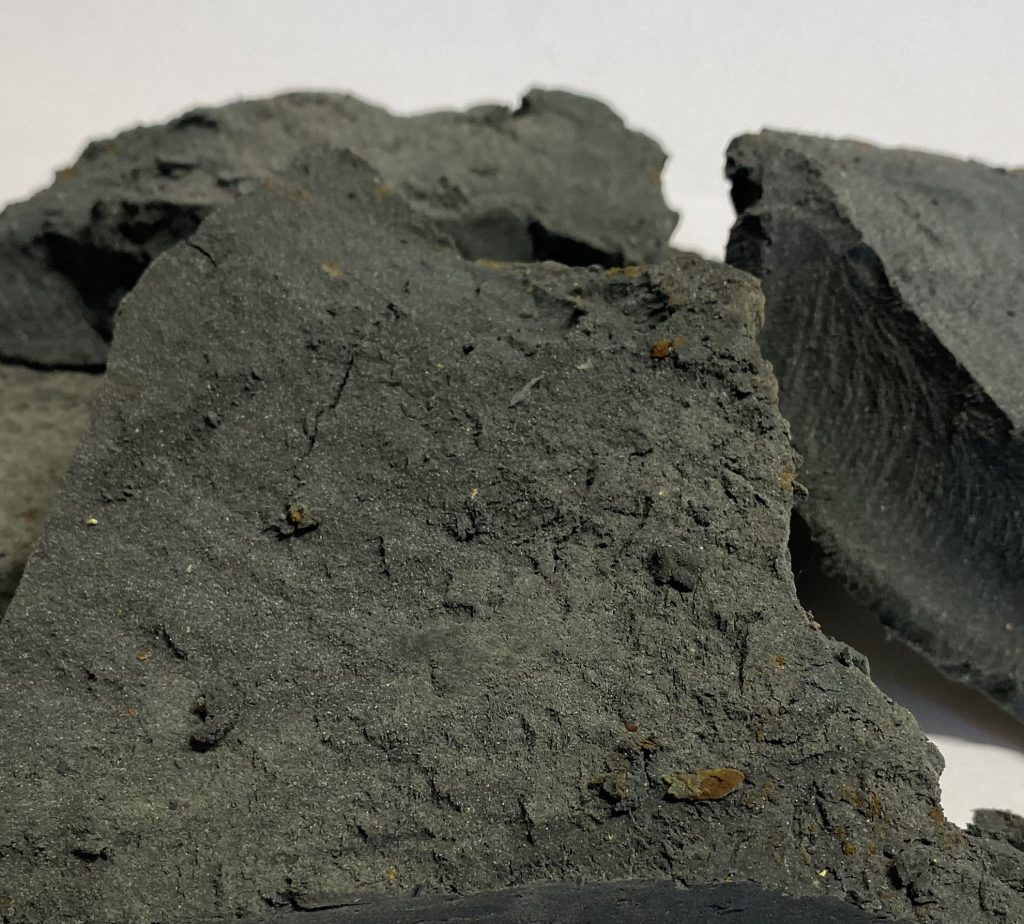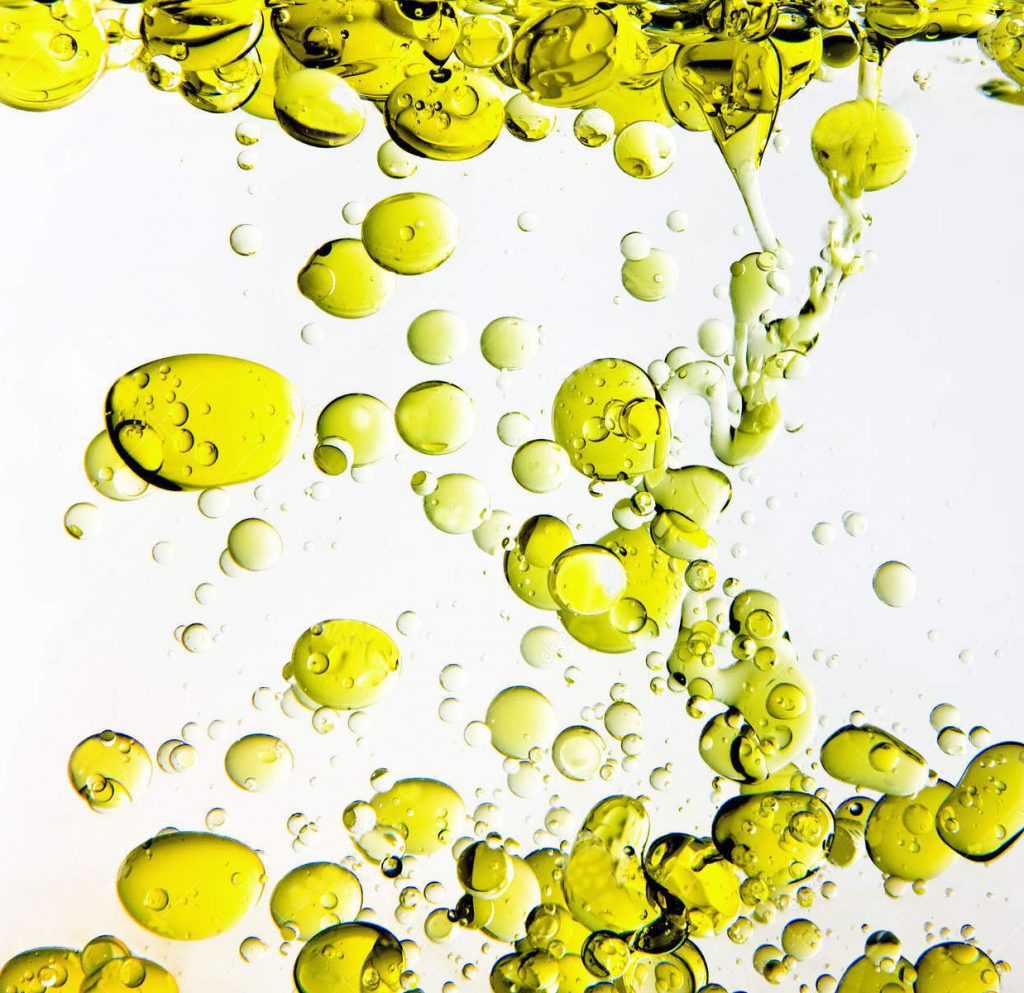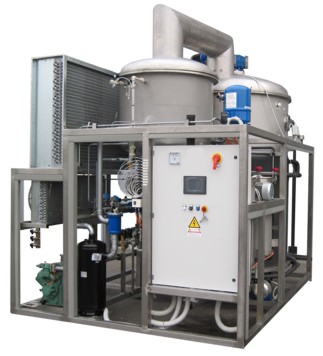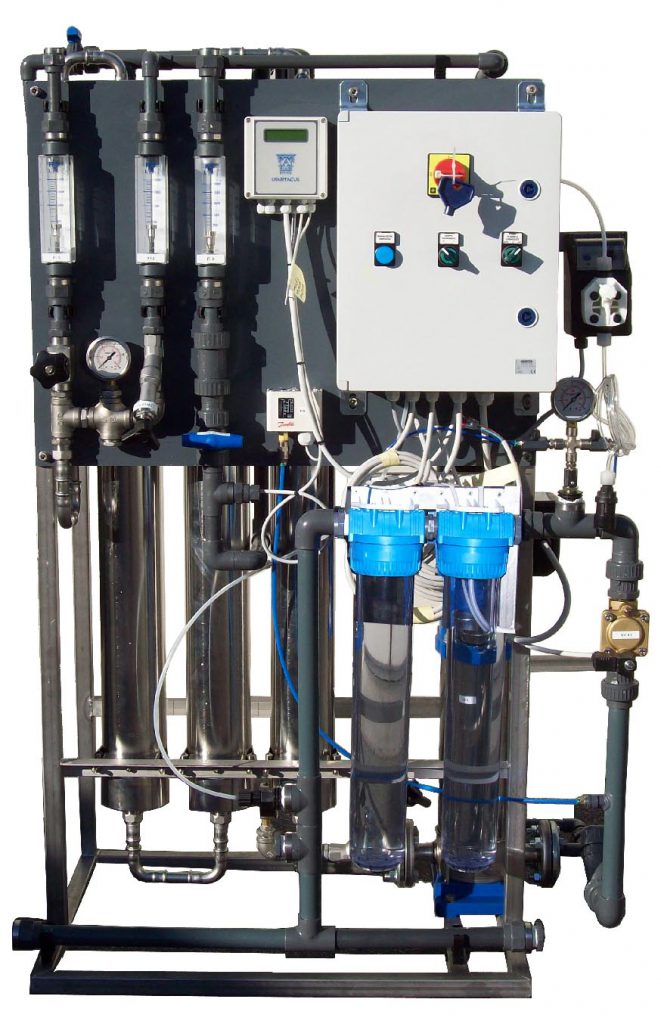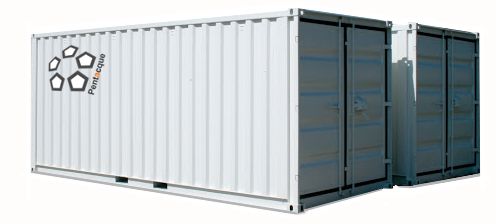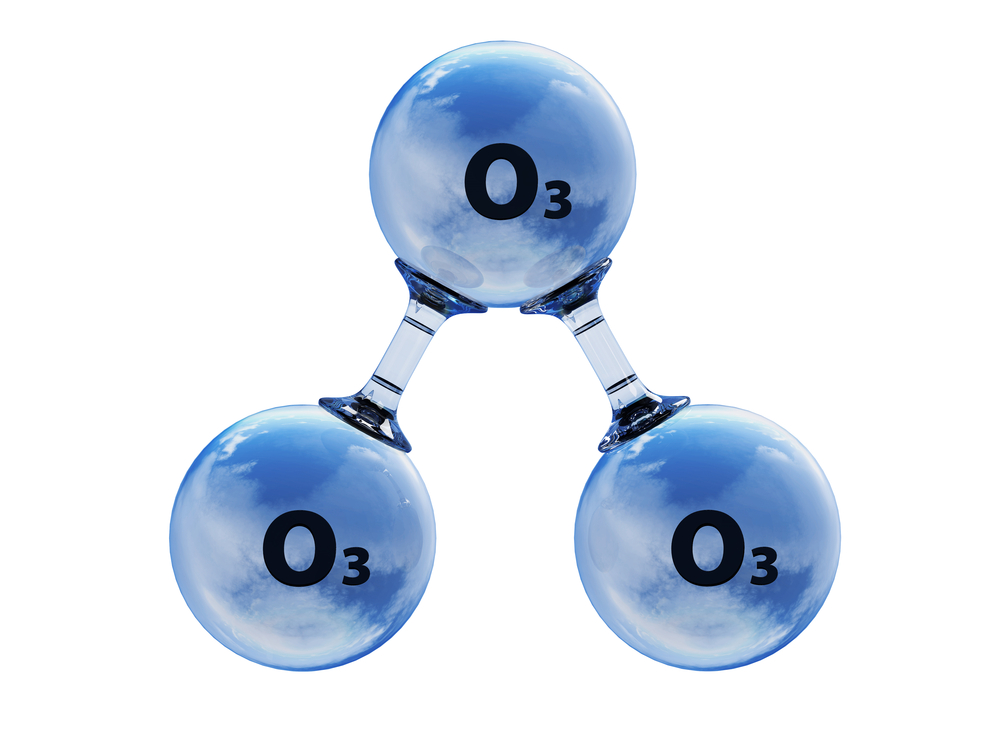The ion exchange resins are granules with a polymeric matrix that carry out the ion exchange with the liquid with which it comes into contact under appropriate conditions.
The resins used in demineralization plants have a mobile functional group activated, this functionality is a chemical balance that allows the ion exchange of the substances dissolved in the water to be treated.
Pentacque uses different types of ion exchange resins and realizes demineralization plants for various uses, these plants consist of a series of cylinders placed in series with different types of resin inside, the different range used will achieve the specific result designed and desired.
These ion exchange systems are easy to install and have programmable automation that makes resin systems completely uncontrolled.
The ion exchange resin plants normally used are:
- floating bed backflushing demineralisation systems
- Equicurrent demineralization resin plants
- Resin water softening plants
- Nuclear resin plants producing ultrapure water less than micro siemens
- Mixed bed resin systems
- resin plants for the recovery of precious metals
- plants for the recovery and purification of acid baths with resins
- Water recycling plants with resin demineralisation plants
- chelating resin plants for heavy metals treatment
What are ion exchange resins?
Ion exchange resins are synthetic materials consisting of polymers presented in the form of spherical beads of size from 0.5 to 1.2 mm, the resins are able to exchange ions with the liquid with which it comes into contact.
The resins have the property of retaining and releasing ions, are used to remove unwanted ions in aqueous solutions, ion exchange resins have different constitutions such as copolymers, polystyrene styrene divinyl benzene, etc…
During the industrial process of ion exchange resin production, a permanent electro-neutral structure is created internally with opposing ions that can exchange.
Resins can be cationic if the fixed ions are anions to which Na+ cations are bound or anions where the fixed ions are cations to which anions such as Cl- are bound and which exchange anions in the liquid that passes through them.
Resin plant regeneration:
The resin guarantees the ion exchange process and its reversibility. At the end of the cycle the resin does not exchange any ion and must be regenerated.
The cycle of a resin plant is roughly:
- Service – production
- Backwash
- Injection regenerating solution
- Regenerating displacement
- Quick wash
The end of the service is indicated by instruments such as conductivity readers or by exchange capacity calculation.
At the end of the service cycle a backwash of the resin must be carried out, this allows to eliminate any residues mechanically retained by the resin and reclassify the resin bed preventing the formation of preferential lanes, the backwash is carried out by sending water from the bottom of the column and discharging it.
The next cycle is the injection of the regenerator, this is the chemical reagent that is used to regenerate or condition the ion exchange resin, the solution collects all the substances previously retained during service, this puts the resin in the initial conditions.
After injecting the regenerator, the displacement phase follows, which ensures that the regenerative agent injected into the ion exchange resin passes through the resin bed at the correct flow rate.
Fast washing is the last step, and consists in sending a larger volume of water to flush the ion exchange resins and make them completely free of residues of substances.
After this last phase the ion exchange resins are ready again to demineralize, soften, retain substances such as metals, cations or anions from the water.
